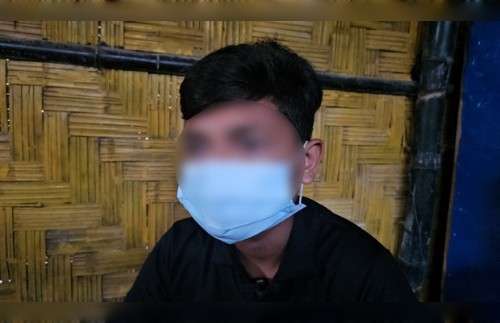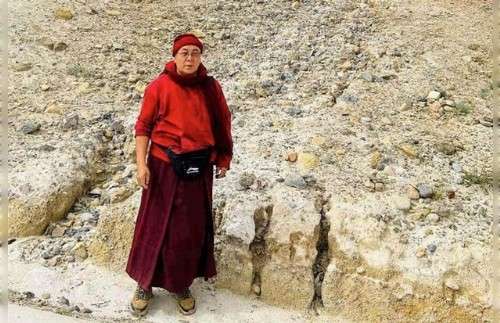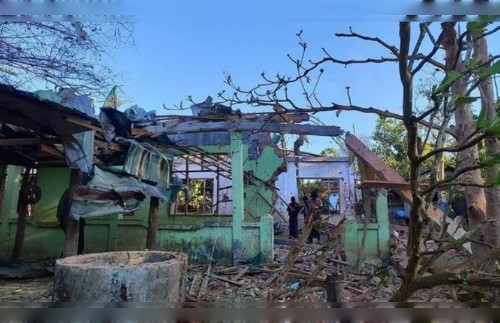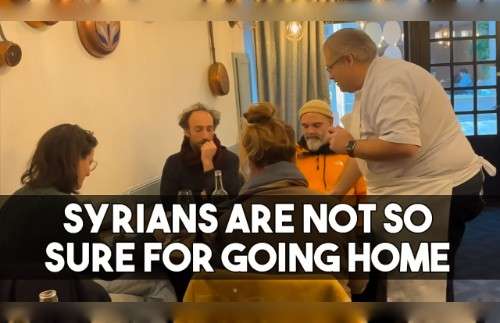
The U.S.-based advocacy group Human Rights Watch (HRW) launched a campaign on Friday aimed at persuading Islamic countries to end their silence over the more than a million Muslim Uyghurs languishing in Chinese detention camps in the Xinjiang Uyghur Autonomous Region (XUAR).
The “Close the Camps” social media campaign has opened during the Islamic world’s celebration of Ramadan and is focusing on getting the Xinjiang camps on the agenda of the United Nations Human Rights Council’s 41st session, which opens June 24.
“All Muslims in Xinjiang face pervasive restrictions on their religious practices and endure other rights violations, including collective punishment, restricted movement, and invasive surveillance,” said HRW.
“We’re asking the Organisation of Islamic Cooperation (OIC), its member countries, and other concerned governments to speak up for Xinjiang’s Muslims,” HRW said.
Up to 1.5 million Uyghurs and other Muslim ethnic minorities accused of harboring “strong religious views” and “politically incorrect” ideas have been held since April 2017.
Reporting by RFA’s Uyghur Service and other media outlets has shown that those in the camps routinely face rough treatment at the hands of their overseers, and endure poor diets and unhygienic conditions.
China has come under strong criticism, and calls for sanctions against officials responsible for the camps, from the United States and other Western countries. The Muslim world, with a few exceptions has remained silent.
The HRW campaign uses tweets and Facebook posts to prod the OIC into action, asking its members to help call out China and support efforts to monitor the treatment of Uyghurs at the UN rights meeting next month.
“It’s Ramadan. Will the Organisation of Islamic Cooperation stay silent as the Chinese government effectively outlaws the practice of Islam in #Xinjiang? Or will its members have the courage to condemn these outrageous abuses against 13 million Muslims at the UN Human Rights Council?” reads one tweet in the campaign.
“China is systematically violating the rights of Muslims in #Xinjiang. Will the Organisation of Islamic Cooperation stand up for Muslims facing political indoctrination, collective punishment, restrictions on movement, communications, religion, and surveillance at the UN Human Rights Council?” says another.
A third tweet asks “why does the OIC express concern about Islamophobia and attacks on Muslims in New Zealand, Sri Lanka, India, and Myanmar—but not in China?”
Though Beijing initially denied the existence of re-education camps, China has tried to change the discussion, describing the facilities as “boarding schools” that provide vocational training for Uyghurs, discourage radicalization and help protect the country from terrorism.
China recently organized two visits to monitor re-education camps in the XUAR—one for a small group of foreign journalists, and another for diplomats from non-Western countries, including Russia, Indonesia, Kazakhstan and Thailand—during which officials dismissed claims about mistreatment and poor conditions in the facilities as “slanderous lies.”
Samira Alim, a researcher at the Washington-based Freedom House, in December published an essay in The Diplomat, an online foreign policy journal, on why the Islamic world has been vocal on the Palestinian issue and on Danish cartoons accused of insulting their faith, but silent on Uyghurs.
“Why haven’t the 49 Muslim-majority countries been equally vocal on the situation in Xinjiang? Part of the reason may be that the region and its people are on the periphery of the global Muslim community, isolated and far removed from most Muslims’ awareness,” he wrote.
Beyond remoteness, he said, “China’s enormous economic influence across the Middle East, Africa, and Asia surely plays a critical role in Muslim leaders’ calculations.”
“Moreover, the governments of many Muslim-majority countries may fear that challenging China on its human rights abuses will cast a spotlight on their own violations,” wrote Alim.
Reported by RFA’s Uyghur ServiceWritten by Paul Eckert
















